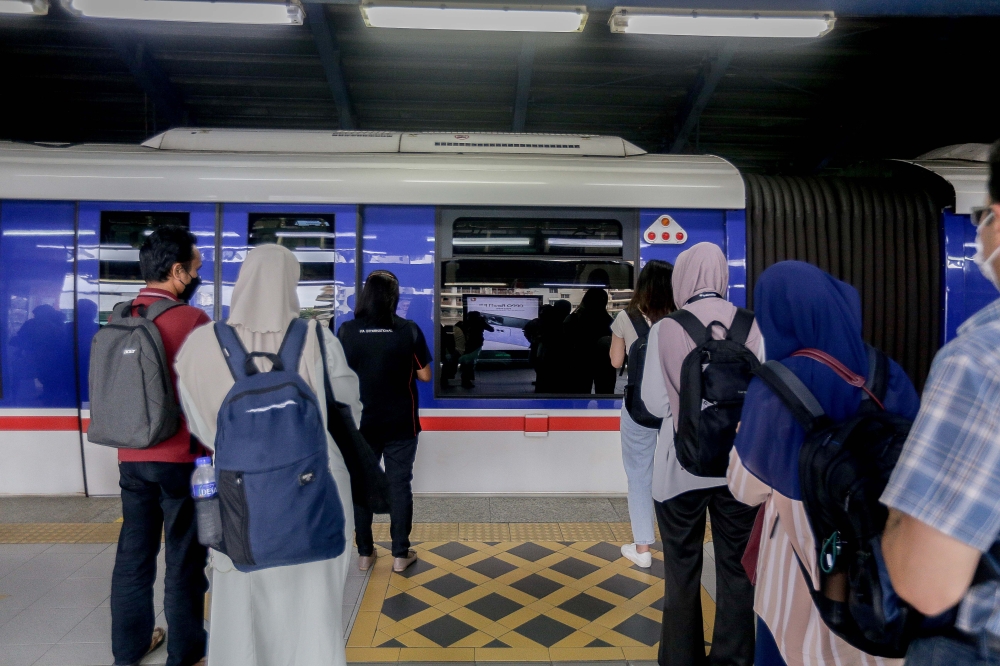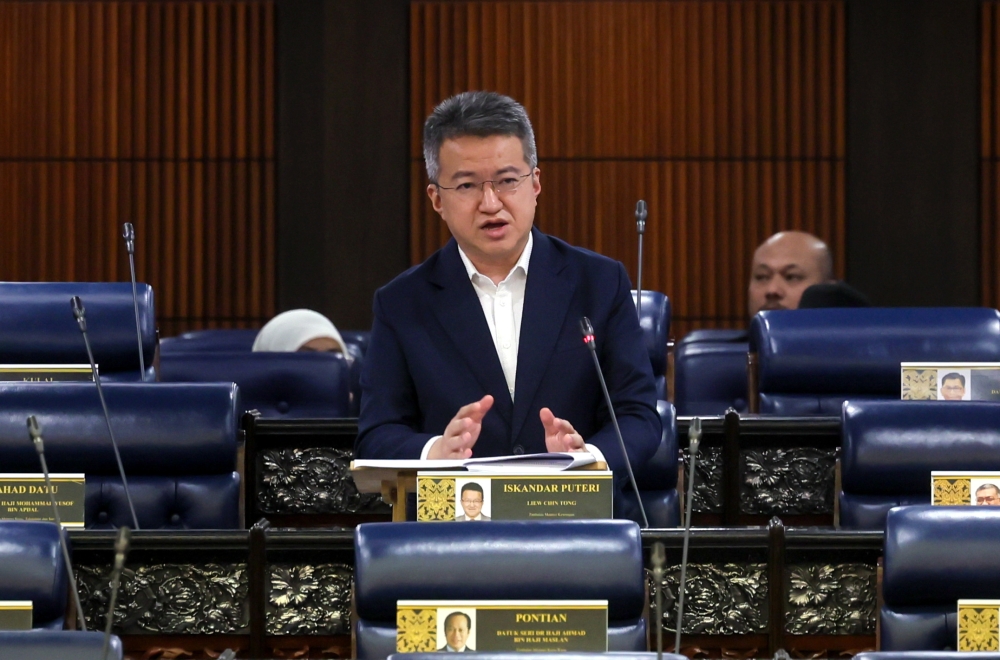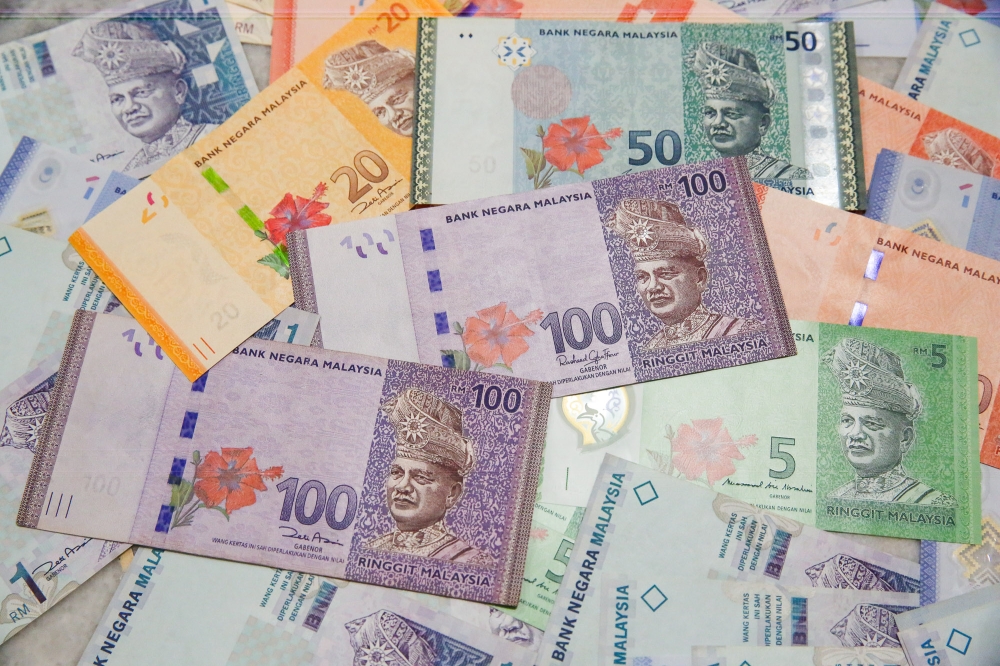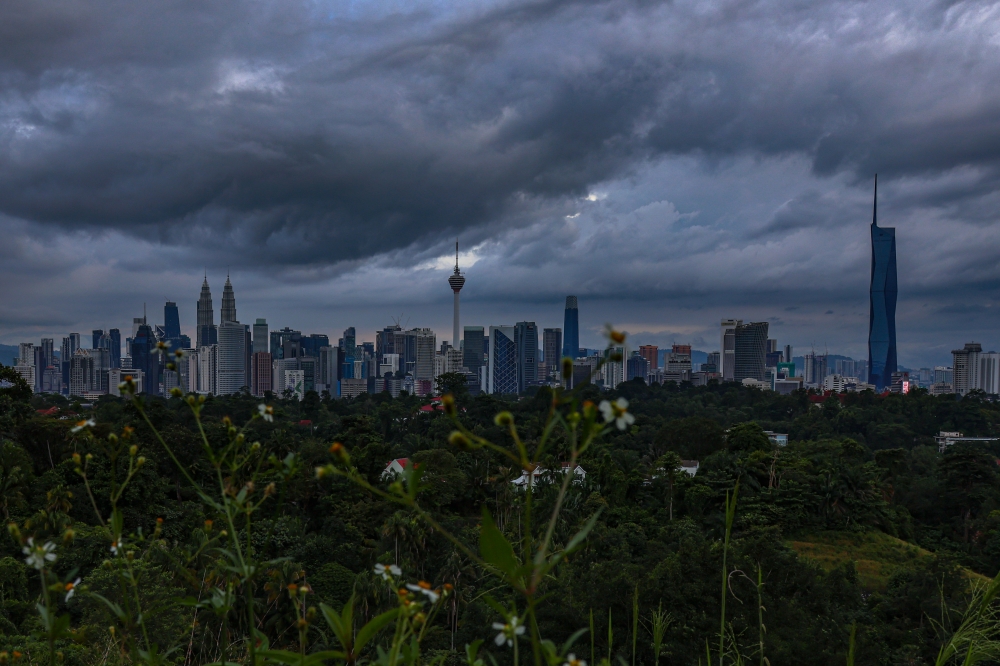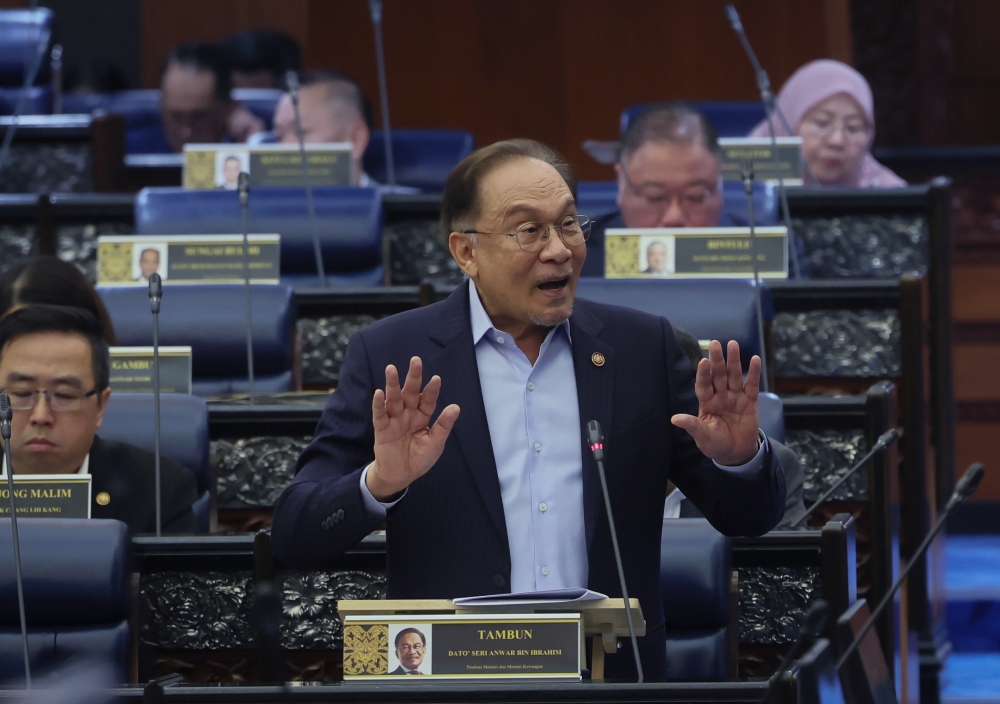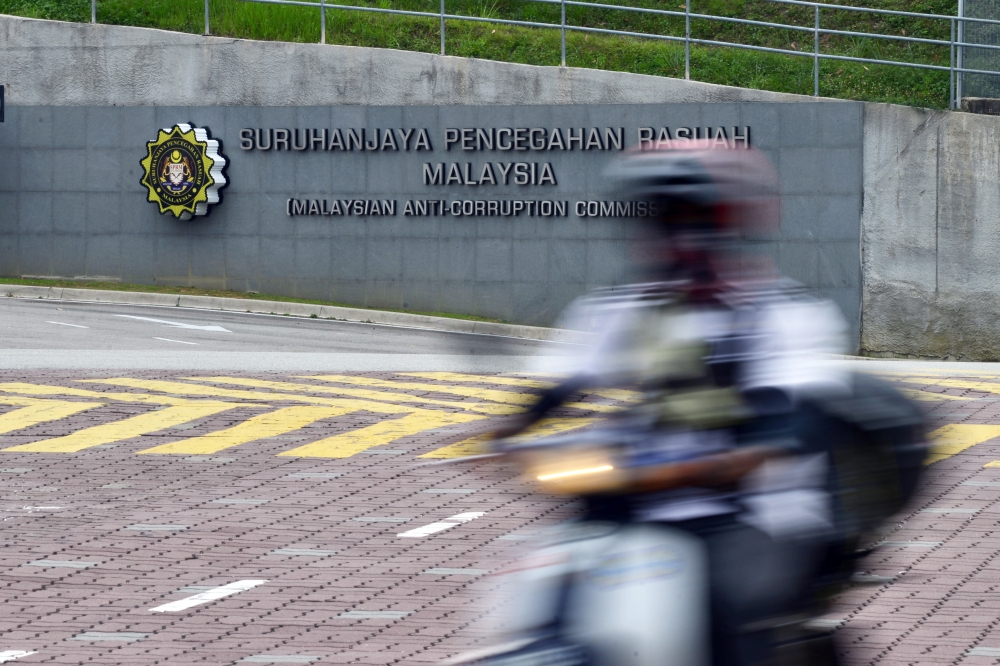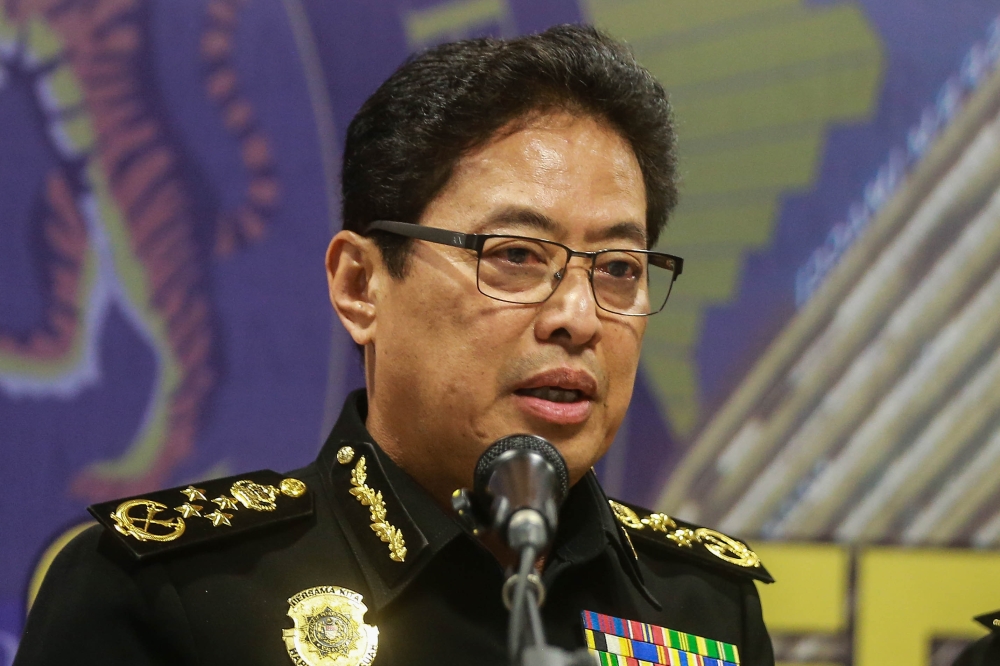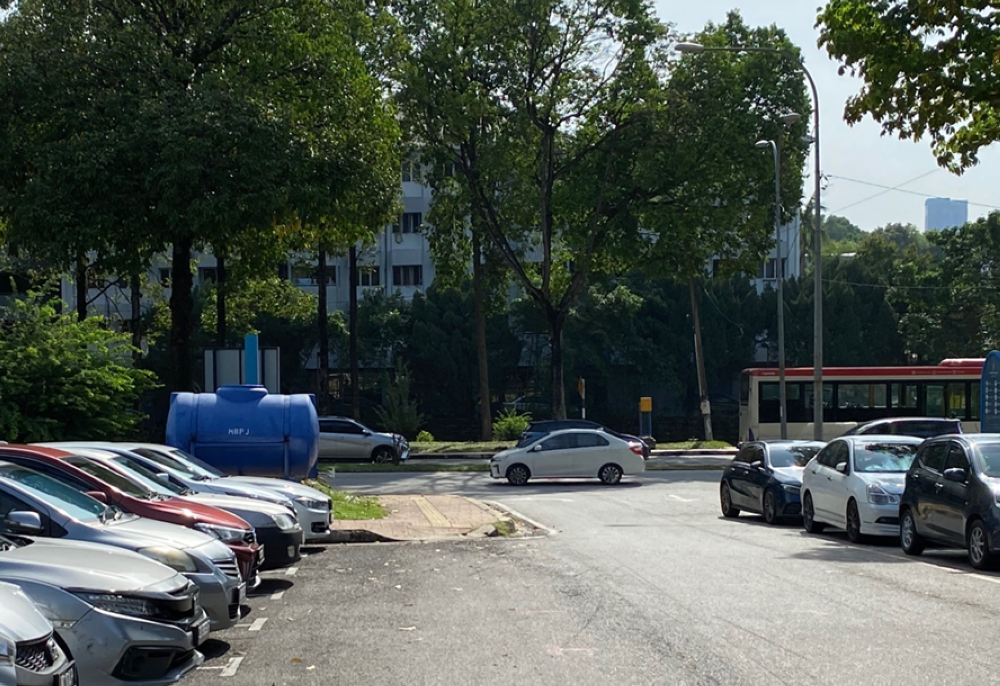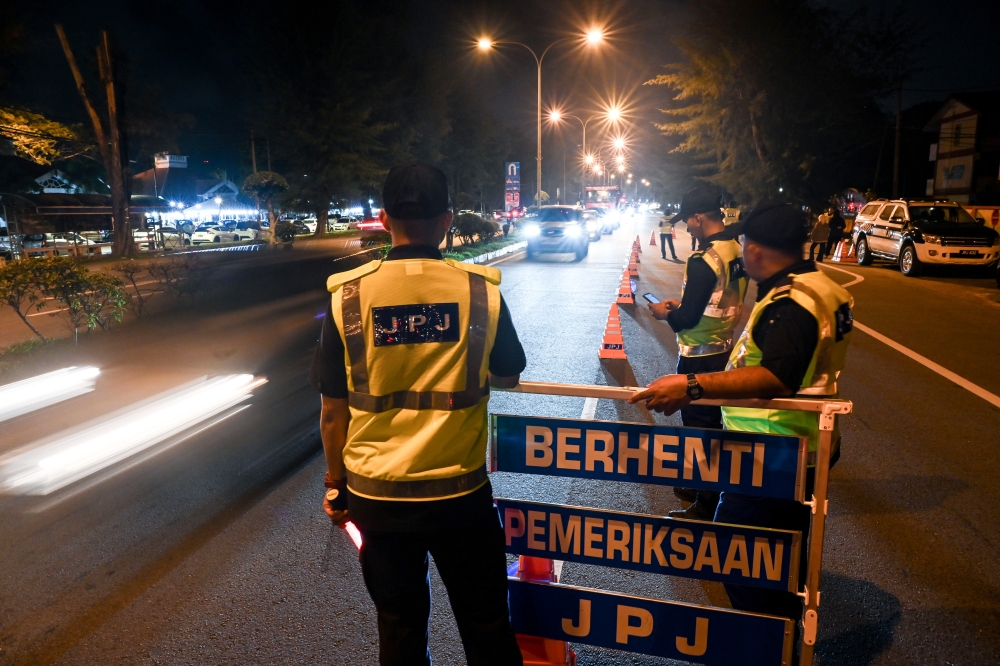NOVEMBBER 5 — I remembered building a bridge of plastic tables over flooded hallways to reach the exam hall for my SPM examinations back in December 2014. There were uncertainties if there would even be a paper as the roads leading up to my school were flooded. Seven years later, each monsoon season still brings about displacement and destruction due to floods. With disasters mounting as Malaysia enters an intense flood season the call for better ways to adapt to climate impacts is greater than ever.
Acknowledging the urgency for climate action, Prime Minister Datuk Seri Ismail Sabri Yaacob announced in the tabling of the 12th Malaysia Plan that the country intends to reduce the intensity of the greenhouse gas (GHG) emissions across the economy by 45 per cent of the Gross Domestic Product (GDP) by 2030 and to be carbon neutral by 2050. Such goals are commendable, but reducing GHG emissions alone is not enough — there will be irreversible climate impacts on Malaysians regardless; and we urgently need to be ready for them.
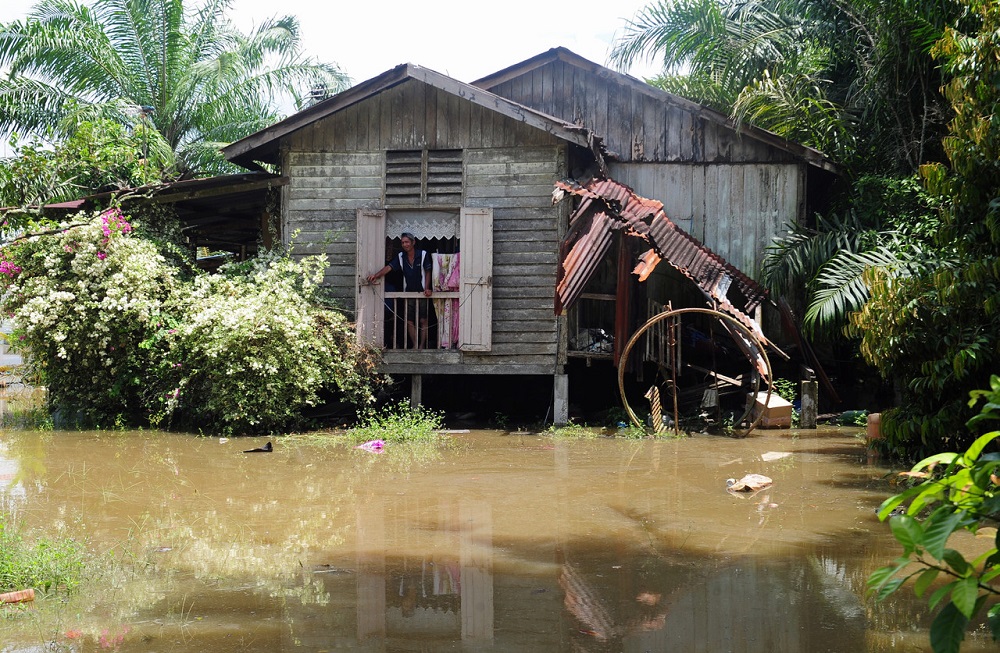
Malaysians are and continue to be vulnerable to the many impacts of climate change. Alone, strategies to reduce the GHG emissions responsible for global warming — such as carbon dioxide and methane — don’t address the increasing climate risks households face in the present and future. Our country’s geographical location and maritime climate make us more susceptible to heavy rains and floods. The Malaysian Meteorology Department has warned that Malaysians could face more extreme weather events due to higher global temperatures, placing us all at risk for more frequent typhoons, thunderstorms and heatwaves.
In facing climate change, it is imperative that we view it beyond an environmental issue, but also a social one. Worsening climate events threatens to undo the progress our nation has made in the reduction of poverty and inequality due to its intersection with socioeconomic backgrounds, ethnicity, gender, and poverty. A key component in the long-term response to climate change is to protect the people, their livelihoods, and the ecosystem we share with all organisms against the volatilities we would face due to climate change. However, much like the Covid-19 pandemic, while it affects everyone, some groups are more vulnerable to climate risks than others. The elderly and children are especially at risk — their well-being adversely impacted by climate change. We need to adapt, and we need to adapt sustainably.
Climate adaptation strategies are measures that seek to reduce harm or take advantage of the events brought on by climate change. It refers to a shift in our practices and processes across social, ecological, and economic sectors to manage the climate risks that we are already facing and ones that we might face in the future. It refers to finding ways to be resilient against loss and damages resulting from climate change.
Why are adaptation strategies crucial? In the best-case scenario, the 26th Conference of Parties in Glasgow results in a global commitment to significantly reduce GHG emissions by 2030. While we would enjoy some immediate positive impacts, science shows that it would still take decades for the global climate to stabilize. In the meantime, we would be facing the negative impacts of climate changes already in motion, some of which are irreversible over hundreds to thousands of years. In the worst-case scenario, global GHG emissions continue at their current growth rate, leading to an acceleration of global warming and extreme weather events.
While there is hope that countries will take decisive climate action, we need to be prepared for both good and bad outcomes. In both situations, Malaysia cannot escape from finding ways to adapt to these climate changes.
As we face worsening climate risk, putting off strategies to adapt to the changing climate could make such efforts increasingly difficult and expensive to implement. The average annual cost of floods to the government rose from RM3 million in the early 1970s to around RM1 billion in 2020 — about 100 times the original amount after accounting for inflation. The 2022 Budget allocated RM139 million on coastal erosion — an increase of 450% from 2021. Unless appropriate adaptation strategies are taken, these costs will only go up.
Considerations of climate adaptation strategies have been mentioned in the National Policy for Climate Change as well as the 11th and 12th Malaysia Plans. The Ministry of Environment and Water released a Climate Change Adaptation Framework for Water Sectors as a means to evaluate the adaptation gaps within the water sectors and to determine the next steps in addressing them. Malaysia’s national adaptation concerns also cover water security, food security (particularly paddy), forest and biodiversity, coastline protection, and public health (particularly dengue and malaria). Internationally, Malaysia is also a part of the Coral Triangle Initiative and the Asia Pacific Climate Change Adaptation Project Preparation Facility. However, there are still policy gaps on how to effectively manage the economic and social impacts due to the increasing frequency of extreme weather spurred on by climate change.
The multidimensional impacts of climate change across all sectors requires an adaptation strategy that is comprehensive to ensure no community is left behind as we move towards being resilient against climate risks. Next year’s National Adaptation Policy must prepare current and future generations to prosper despite the challenge of climate change.
*Amirah Wan Usamah is a research associate at Khazanah Research Institute. Her current research interests include climate economics and inequality.
**This is the personal opinion of the writer or publication and does not necessarily represent the views of Malay Mail.


